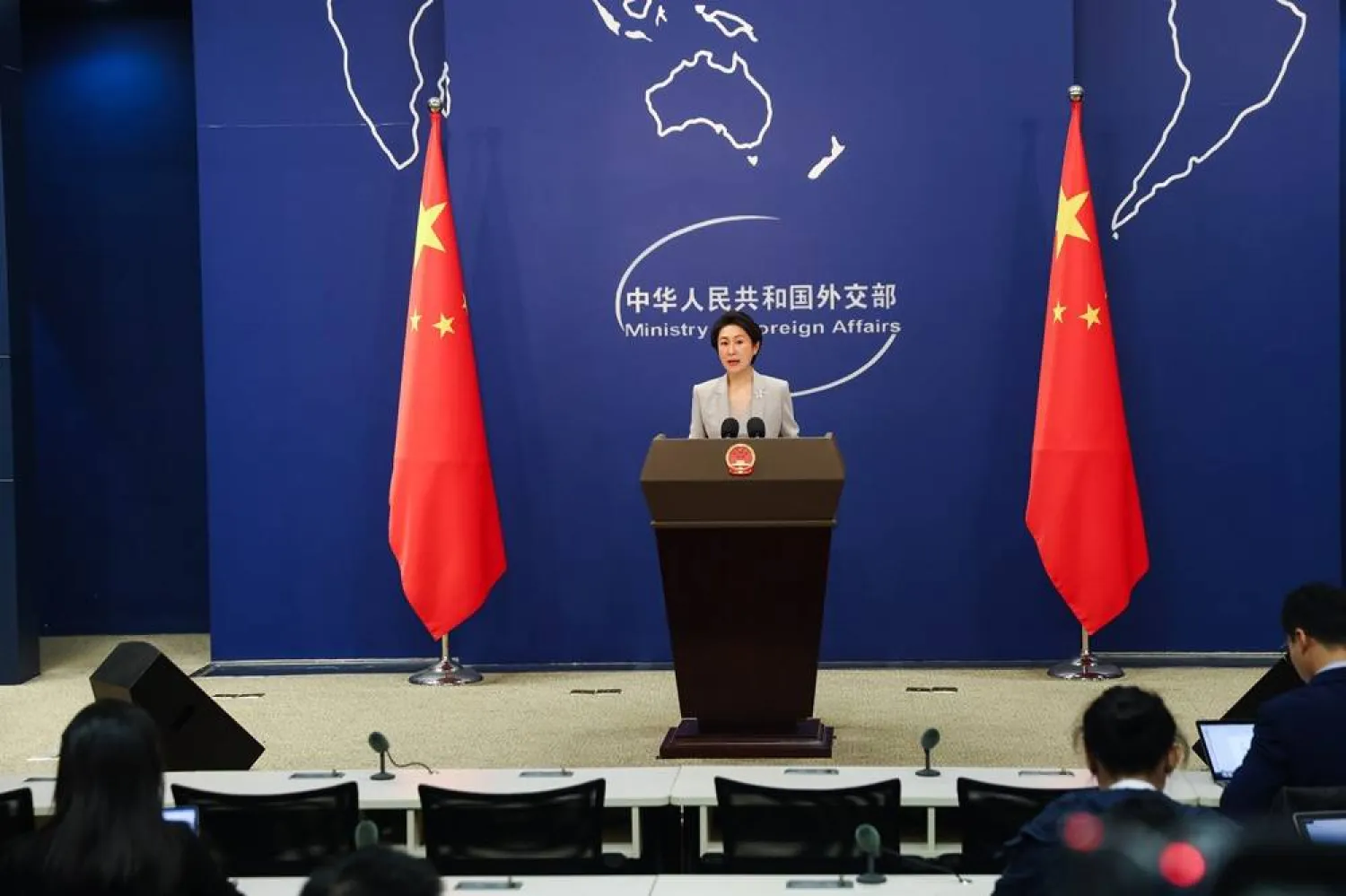China will work with the US on the basis of mutual respect, it said on Wednesday as Donald Trump closed in on victory in the presidential election, but strategists said Beijing was bracing for bitter superpower rivalry over trade, technology and security issues.
"Our policy towards the US is consistent," Ministry of Foreign Affairs spokesperson Mao Ning told a regular press conference in Beijing, when asked how Trump returning to the Oval Office would affect US-China relations.
"We will continue to view and handle China-US relations in accordance with the principles of mutual respect, peaceful co-existence and win-win cooperation," she added.
Chinese strategists however said they expected more fiery rhetoric and potentially crippling tariffs from Trump, although some said his isolationist foreign policy could give Beijing a vacuum to expand its global influence.
"Beijing anticipated a close race in the US election. Although Trump's victory is not China's preferred outcome and raises concerns, it is not entirely unexpected," said Tong Zhao, senior fellow at the Carnegie Endowment for International Peace.
"The Chinese leadership will likely strive to maintain an appearance of a cordial personal relationship with Trump, while intensifying efforts to project China's power and strength."
Da Wei, director of the Center for International Security and Strategy at Tsinghua University in Beijing, said Trump's victory "may pose a relatively large challenge to Sino-US relations" based on his campaign policy proposals and actions in his previous term.
"Due to Trump's high unpredictability, I think it is difficult for China to say that there is a fully formed plan to do "x" when Trump comes to power. It also depends on what policies the Trump administration implements."
TRUMP TARIFF THREAT
Trump has proposed tariffs on Chinese imports in excess of 60% and ending China’s most-favored-nation trading status, and analysts say the prospect of a trade war has rattled China's leadership.
China sells goods worth more than $400 billion annually to the US and hundreds of billions more in components for products Americans buy from elsewhere.
"Beijing is particularly wary of a potential revival of the trade war under Trump, especially as China currently faces significant internal economic challenges," said Zhao.
"China also expects Trump to accelerate the decoupling of technologies and supply chains, a move that could threaten China's economic growth and indirectly impact its social and political stability."
In response, China is likely to intensify its push for greater technological and economic self-sufficiency, while feeling more pressure to bolster economic ties with countries like Russia, he added.
"Going forward, Beijing would likely be drawing up a list of clear bargains and interest tradeoffs that it could float with Washington, in hope that it can focus on its much-needed domestic economic concerns whilst Trump's attention is occupied elsewhere," said Brian Wong, assistant professor at the University of Hong Kong who studies grand strategy.
GLOBAL POWER VACUUM
China is likely to shore up ties with the Global South, Europe and Northeast Asian countries in the event of a Trump win, given his "transactional, isolationist, anti-globalist and anti-multilateral foreign policy", said Wong.
Chinese President Xi Jinping and Indian Prime Minister Narendra Modi reached a rare rapprochement last month, while Beijing has tentatively reached out to the new Japanese administration this autumn following years of strained relations.
"China expects the second Trump administration to further disengage from international agreements and commitments, creating opportunities for China to expand its influence in emerging power vacuums," Zhao added.
Trump has unnerved democratically governed Taiwan by saying it should pay Washington for its defense and that it had taken US semiconductor business.
"The Biden administration applied high-pressure tactics to China on Taiwan, with US troops stationed in Taiwan and even giving weapons to Taiwan ... in a huge break with the former Trump administration's Taiwan policy," said Shen Dingli, an international relations scholar in Shanghai. Washington last month approved a US$2 billion arms sale to Taiwan.
"Trump is not too likely to give Taiwan the same support in future."









